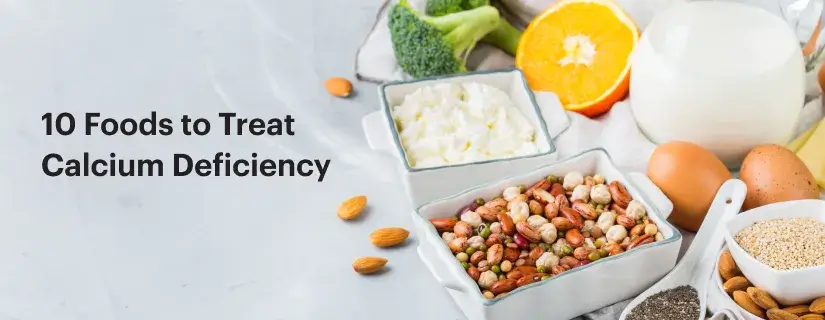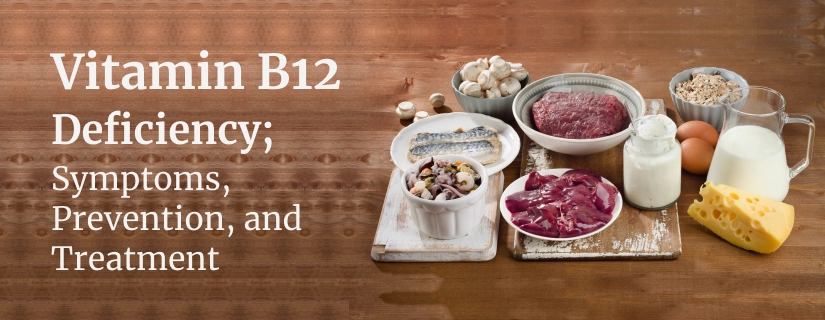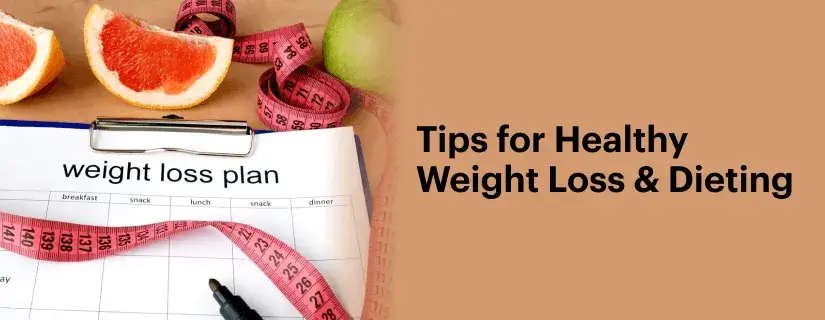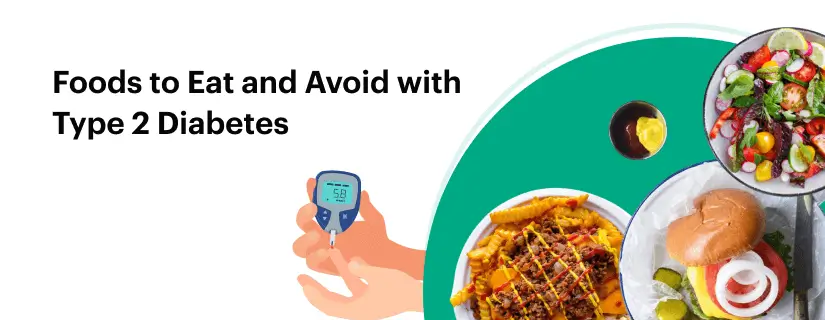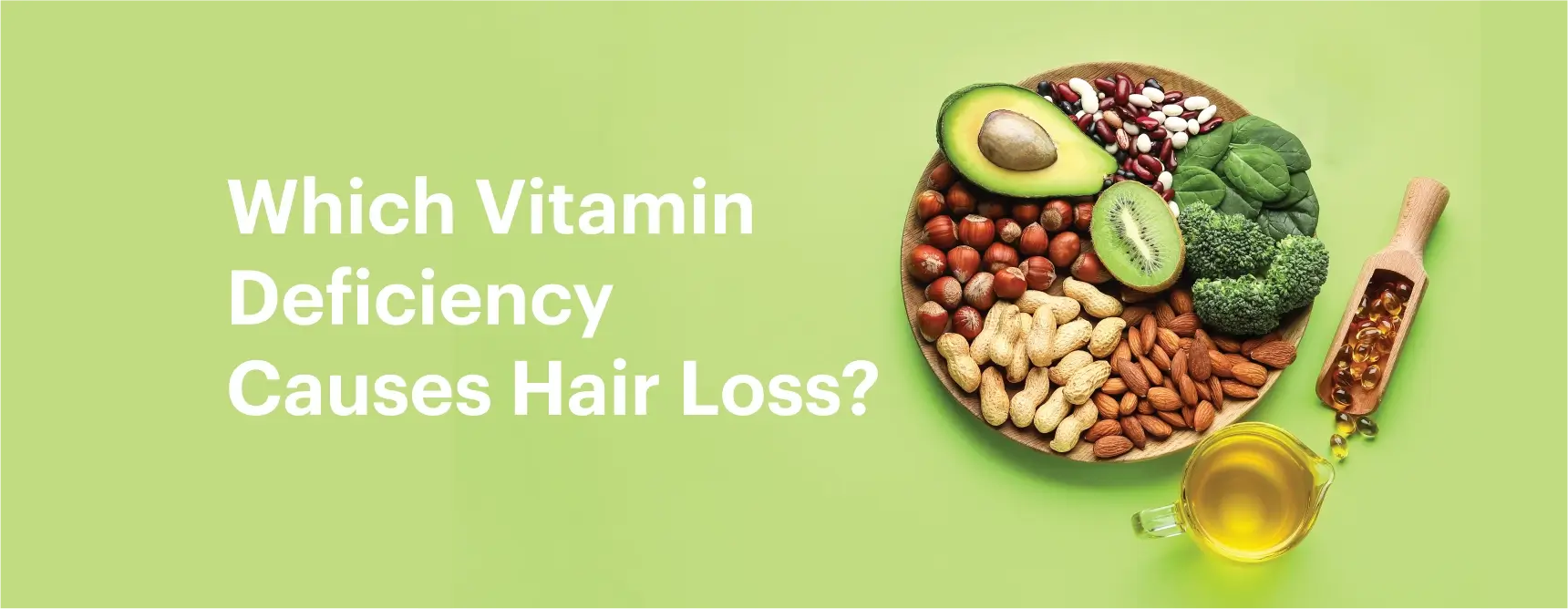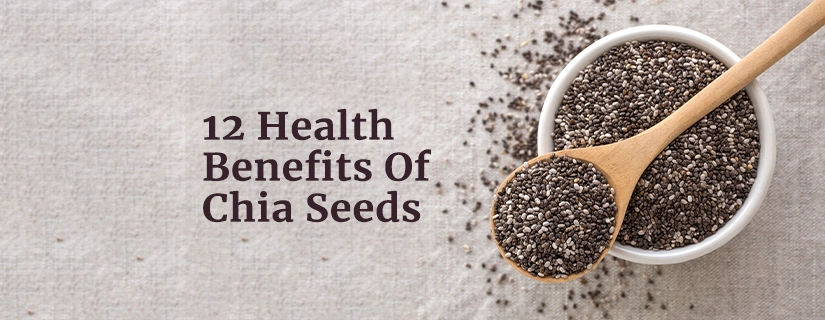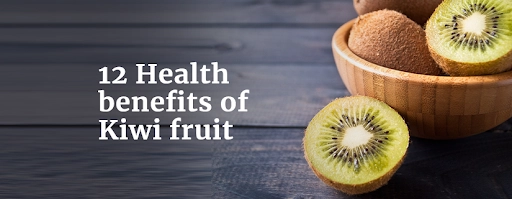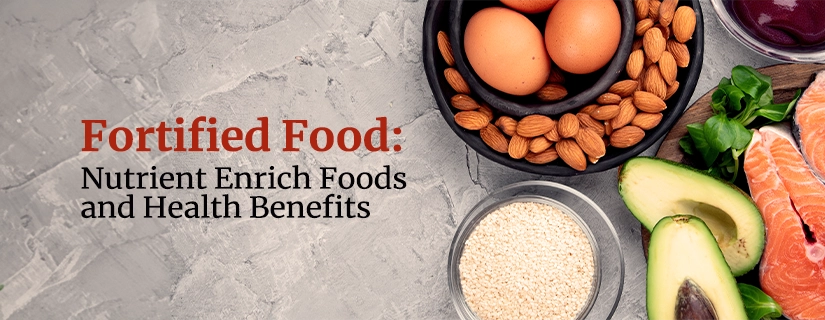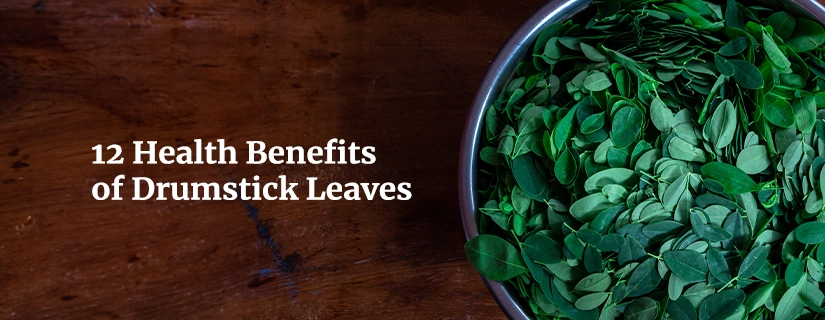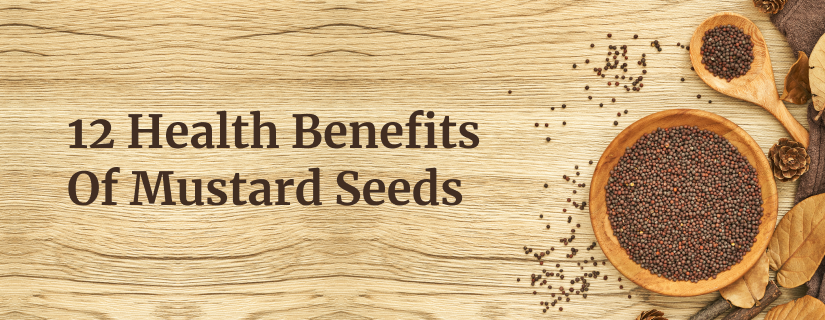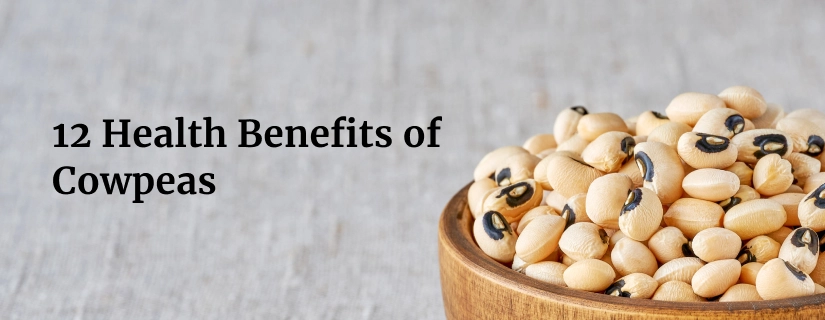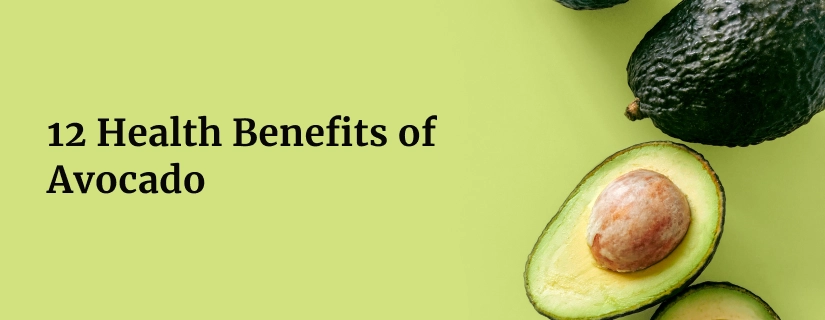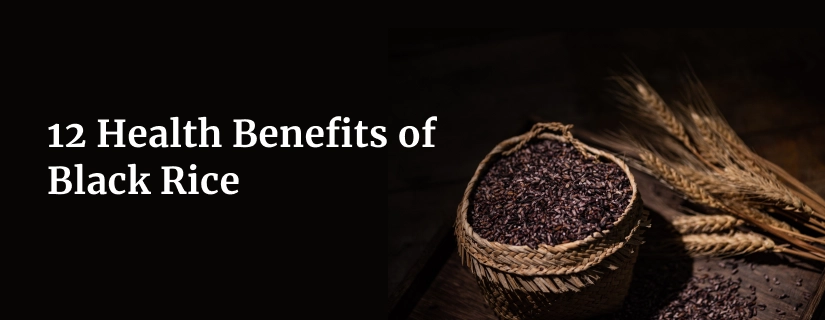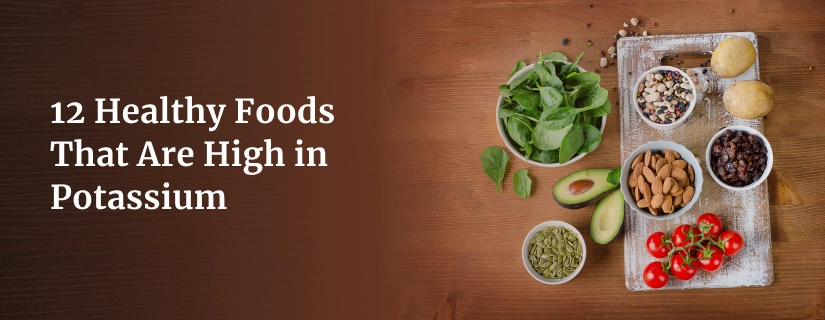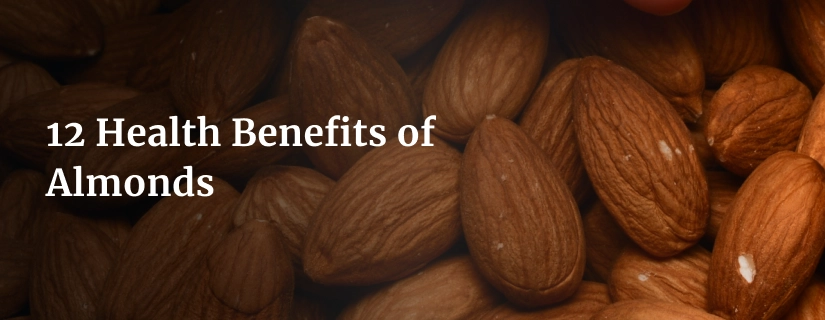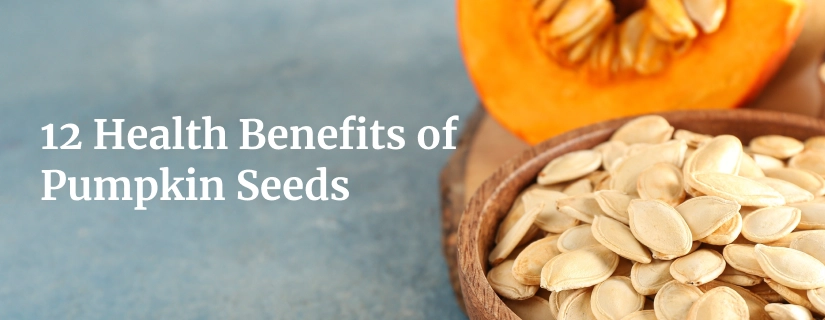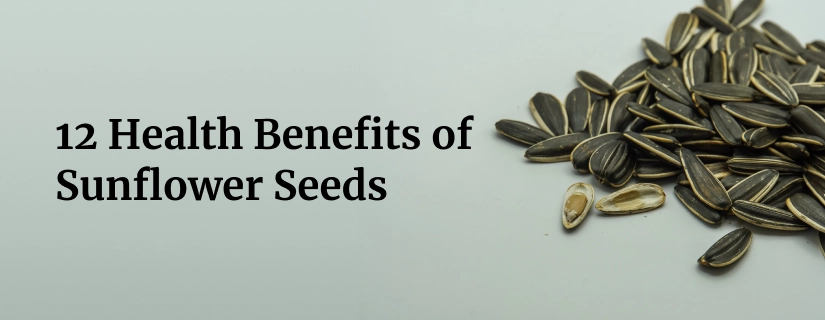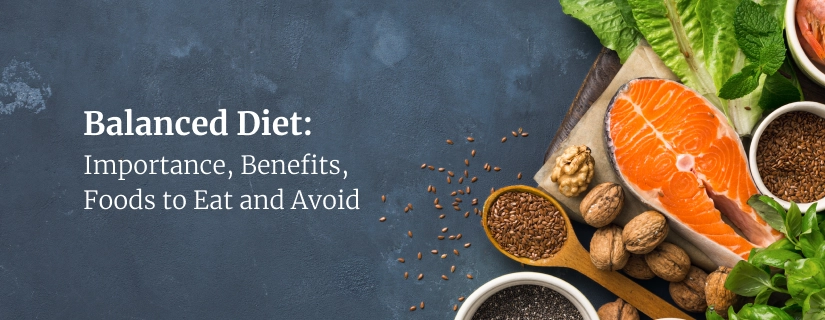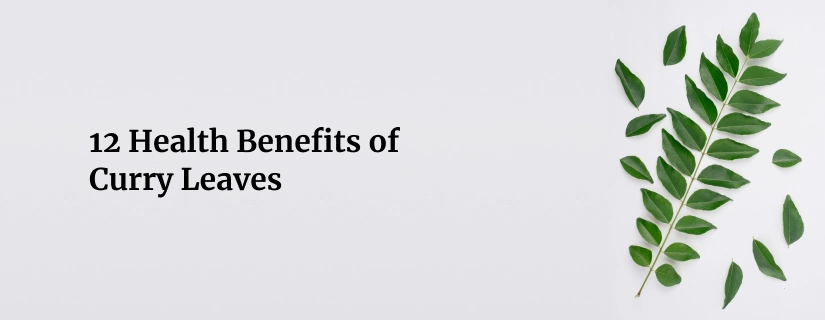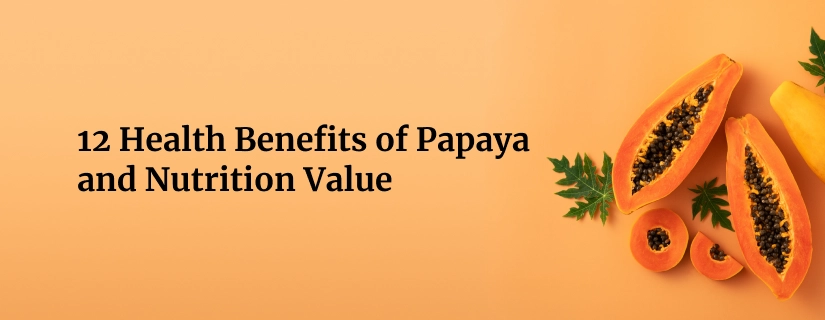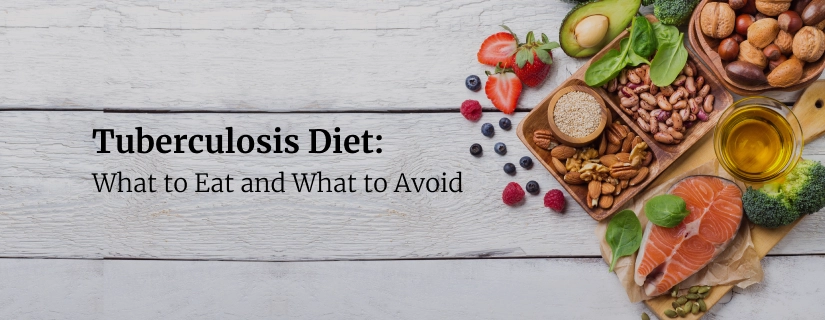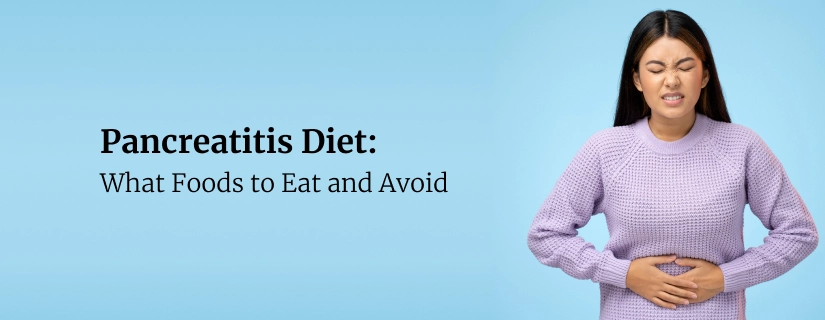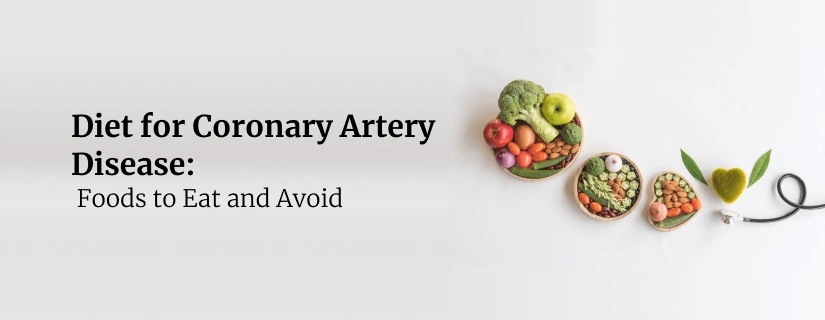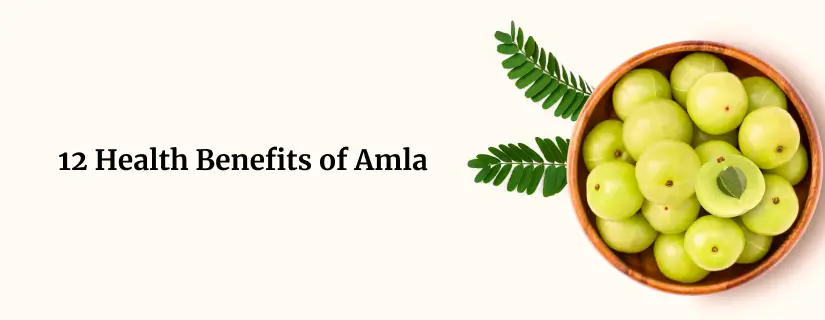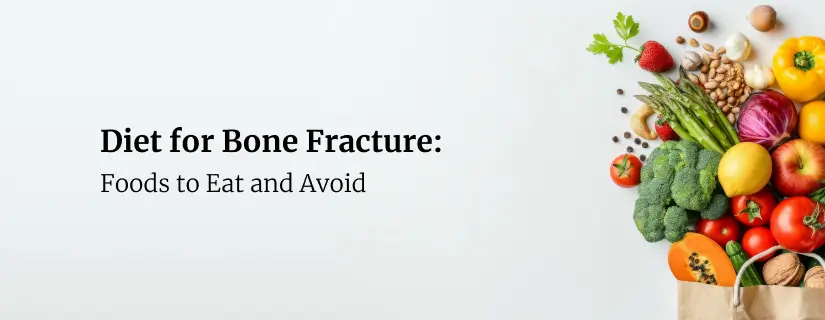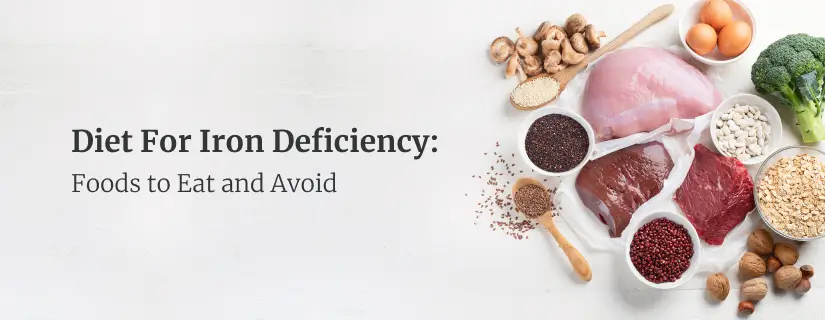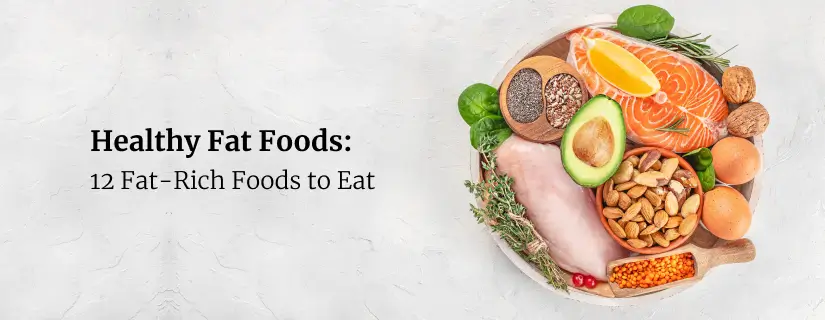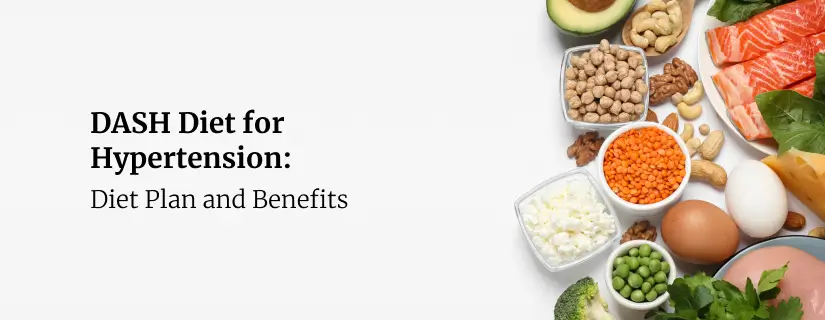-
Doctors
-
Specialities & Treatments
Centre of Excellence
Specialties
Treatments and Procedures
Hospitals & Directions HyderabadCARE Hospitals, Banjara Hills CARE Outpatient Centre, Banjara Hills CARE Hospitals, HITEC City CARE Hospitals, Nampally Gurunanak CARE Hospitals, Musheerabad CARE Hospitals Outpatient Centre, HITEC City CARE Hospitals, Malakpet
HyderabadCARE Hospitals, Banjara Hills CARE Outpatient Centre, Banjara Hills CARE Hospitals, HITEC City CARE Hospitals, Nampally Gurunanak CARE Hospitals, Musheerabad CARE Hospitals Outpatient Centre, HITEC City CARE Hospitals, Malakpet Raipur
Raipur
 Bhubaneswar
Bhubaneswar Visakhapatnam
Visakhapatnam
 Nagpur
Nagpur
 Indore
Indore
 Chh. Sambhajinagar
Chh. SambhajinagarClinics & Medical Centers
Book an AppointmentContact Us
Online Lab Reports
Book an Appointment
Consult Super-Specialist Doctors at CARE Hospitals
Saturated vs. Unsaturated Fats: Know the Difference
Updated on 30 October 2023

When it comes to dietary choices, fats play a prominent role in the nutrition arena. Among the key debates in the world of nutrition is the difference between saturated and unsaturated fats. Understanding the difference between these fats is crucial for making informed dietary decisions that impact our health and well-being. In this article, we will delve into the realm of fats, exploring the nature of saturated and unsaturated fats, explaining the difference between saturated fat and unsaturated fat, and addressing the age-old question: Are saturated or unsaturated fats better for you?
What is Saturated Fat?
Saturated fats are fats in which the carbon atoms are fully saturated with hydrogen atoms. This arrangement makes them straight and solid at room temperature. They are mainly found in animal products and certain oils, such as coconut and palm oil.

Why Limit Saturated Fats in Your Diet?
Consuming excessive saturated fats is linked to several adverse health effects, making it crucial to limit their intake. High consumption of saturated fats is associated with an increased risk of heart disease, as it can raise levels of low-density lipoprotein (LDL) cholesterol in the bloodstream. Elevated LDL cholesterol is a well-established risk factor for atherosclerosis, a condition characterised by the build-up of plaque in the arteries, potentially leading to heart attacks and strokes.
What are Unsaturated Fats?
Unsaturated fats have at least one double bond between carbon atoms. This creates bends in their structure, preventing them from packing tightly. As a result, they remain in a liquid state at room temperature. Unsaturated fats are commonly found in plant-based oils, nuts, seeds, and fatty fish.

Difference Between Saturated and Unsaturated Fats: the dilemma of saturated vs unsaturated fats
The difference between saturated fats and unsaturated fats extends beyond their molecular structures. To comprehend the significance of choosing one over the other in your diet, let's delve deeper into the difference between saturated and unsaturated fats:
1. Molecular Structure:
- Saturated Fats: These fats consist of triglycerides in which the carbon atoms are fully saturated with hydrogen atoms. The absence of double bonds between carbon atoms leads to a straight, stable molecular structure. This structure allows them to pack closely together, resulting in a solid state at room temperature.
- Unsaturated Fats: Unsaturated fats contain one or more double bonds between carbon atoms within their fatty acid chains. These double bonds introduce kinks or bends in the molecular structure, preventing the molecules from packing tightly. This molecular flexibility keeps unsaturated fats in a liquid state at room temperature.
2. Physical State:
- Saturated Fats: Saturated fats are generally solid at room temperature. This property is why they are often referred to as "solid fats." A common example is butter, which remains solid at typical room temperatures.
- Unsaturated Fats: Unsaturated fats are typically liquid at room temperature and are often referred to as "liquid fats." For instance, olive oil, which is high in unsaturated fats, is liquid even at ambient temperature.
3. Dietary Sources:
- Saturated Fats: These fats are commonly found in animal products such as red meat, poultry, full-fat dairy, and certain tropical oils like coconut and palm oil. Some processed foods and baked goods also contain saturated fats.
- Unsaturated Fats: Unsaturated fats are more prevalent in plant-based oils, nuts, seeds, and fatty fish. Examples of foods rich in unsaturated fats include olive oil, canola oil, avocados, almonds, and salmon.
4. Health Impact:
- Saturated Fats: Excessive consumption of saturated fats has been associated with various health concerns. This type of fat is known to raise levels of low-density lipoprotein (LDL) cholesterol, often referred to as "bad" cholesterol. Elevated LDL cholesterol is a risk factor for atherosclerosis, a condition occurring due to the accumulation of plaque in the arteries, resulting in heart diseases such as cardiac arrest and stroke.
- Unsaturated Fats: Unsaturated fats, particularly monounsaturated and polyunsaturated fats, have been linked to several health benefits. These fats are known to improve cholesterol profiles, reduce inflammation, and lower the risk of heart disease when consumed in moderation. Including foods rich in unsaturated fats in your diet can contribute to better heart health and overall well-being.
Which Fats Are Good or Bad in Your Diet?
Determining which fats are "good" or "bad" in your diet largely depends on their impact on your health. While it's an oversimplification to label all saturated fats as "bad" and all unsaturated fats as "good," there are some general guidelines to answer which is better saturated or unsaturated fats:
-
"Good" Fats: Unsaturated fats, both monounsaturated and polyunsaturated, are typically considered healthier choices. They have been associated with numerous health benefits, including reduced risk of heart disease, improved cholesterol profiles, and inflammation reduction. Foods rich in these fats, such as avocados, olive oil, fatty fish, nuts, and seeds, are excellent additions to a balanced diet.
-
"Bad" Fats: Saturated fats, particularly those from animal sources, are often associated with increased LDL cholesterol levels and a higher risk of heart disease when consumed in excess. Trans fats, which are artificial fats often found in processed and fried foods, are considered among the unhealthiest fats and should be avoided as much as possible.
Conclusion
In the complex world of dietary fats, understanding the distinction between saturated and unsaturated fats is key to making health-conscious food choices. The question of which is healthier, saturated or unsaturated fats, is not a simple black-and-white matter. In general, saturated fats should be consumed in moderation, while unsaturated fats offer an array of health benefits.
By making informed decisions about the types of fats you consume, you can take significant strides toward enhancing your overall well-being and reducing the risk of chronic diseases, especially those related to heart health. The determination of whether saturated or unsaturated fats are healthier largely depends on individual health factors. In the end, it's not about eliminating fats from your diet but rather choosing the right fats that will contribute to your health and vitality.

ENQUIRY FORM
SELECT CATEGORIES
-
Neurosciences (16)
-
Neurology (37)
-
Neurosurgery (14)
-
Orthopaedics (48)
-
Oncology (33)
-
Obstetrics and gynecology (52)
-
Pulmonology (23)
-
Urology (20)
-
Nephrology (13)
-
Psychiatry (7)
-
Dietetics and Nutrition (111)
-
General Medicine (63)
-
Cardiac Sciences (32)
-
Vascular & Endovascular Surgery and Interventional Radiology (15)
-
Gastroenterology (46)
-
Endocrinology (23)
-
Plastic Surgery (10)
-
Critical Care Medicine (5)
-
COVID-19 (16)
-
Dermatology (16)
-
Emergency Care (1)
-
Ophthalmology (4)
-
Pediatrics (14)
-
Laparoscopic and Bariatric Surgery (8)
-
ENT (15)
-
Kidney Transplant (1)
-
Liver Transplantation and Hepatobiliary Surgery (5)
-
General Surgery (3)
-
Internal Medicine (5)
-
Medicine Information
PCOD Diet Chart: Foods to Eat and Avoid
Twin Pregnancy Diet: What To Eat While Pregnant With Twins
YOU MAY ALSO LIKE
RECENT BLOGS
-

Preterm Birth (Premature Birth): Symptoms, Causes, Treatment and Prevention
13 May 2025
Read More
-

Rotablation Angioplasty: Benefits, Treatments, And Recovery Time
9 May 2025
Read More
-

What Is The Difference Between IUI and IVF?
9 May 2025
Read More
-

Venous Malformations: Causes, Symptoms, and Treatment
30 April 2025
Read More
-

Varicose Vein Foam Sclerotherapy: Treatment, Benefits, and Procedure
30 April 2025
Read More
-

Radiofrequency (RF) Ablation Treatment for Varicose Veins: Know More
30 April 2025
Read More
-

Varicose Vein Sclerotherapy: Treatment, Benefits, and Procedure
30 April 2025
Read More
-

Varicose Vein Endovenous Laser Ablation: Procedure, Benefits, Risks
30 April 2025
Read More
Have a Question?
If you cannot find answers to your queries, please fill out the enquiry form or call the number below. We will contact you shortly.





